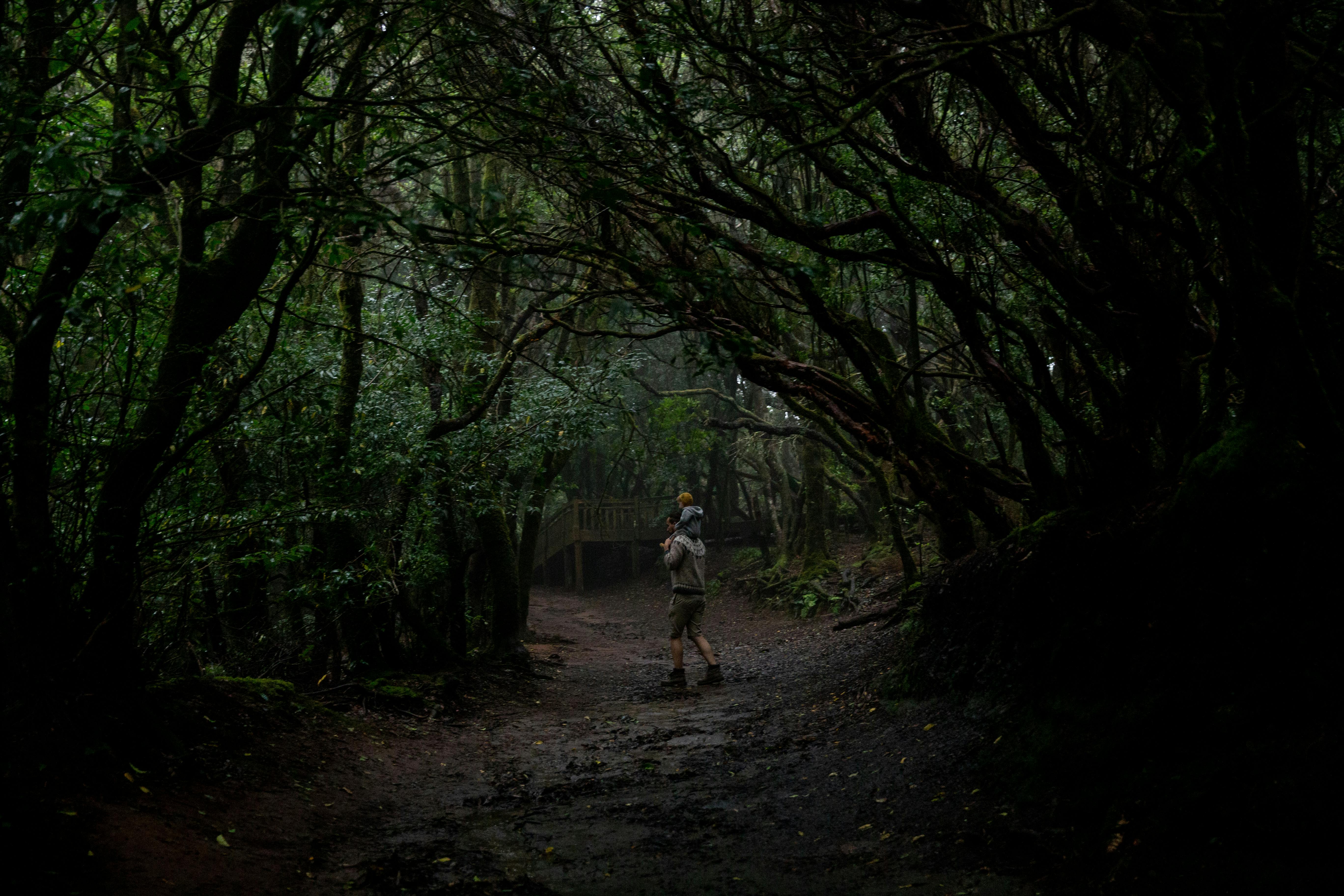
Baby eczema
Baby eczema is very common and, according to some reports, is the most common skin disease among newborns and infants. According to the Center for Disease Control and Prevention, there were about 4 million babies born in 2010 in the US alone (specifically, 3,999,386), that’s about 457 babies born every hour! The medically accepted estimate of the number of people with eczema is 20%, so of those 457 babies, about 90 are likely to develop eczema, and that’s in the US alone. Eight hundred thousand babies a year who are born with eczema or who will develop eczema later on.
Eczema causes the first layer of the skin, the epidermis, to become inflamed and carry symptoms such as itching and redness, while the skin can crack, peel and bleed. The most common areas to find baby eczema will be the creases of the elbows, arms, and knees, as well as the face, cheeks, and nape of the neck. Fortunately, the diaper area is usually left eczema free.
In some cases, eczema can occur along with illnesses such as asthma and hay fever. When this appears to be the case, keeping the child’s environment free of allergens should become a top priority, and once the allergen is gone, the eczema often clears up along with the underlying disease.
The possible causes of eczema are diverse: Food allergies along with other allergies are often triggers, along with stress and the body’s psychological reaction to stress, to name a few. But a baby with baby eczema is more likely to have the condition if they have a sibling or parent who ever had eczema, so the genetic component seems to be important.
Depending on the baby and the extent of the outbreak, emollient oils, soaps, and other topical methods may be all that is required to control the inflammation and resulting irritations, if the child has a mild to moderate case. Warm baths will provide some relief, cooling, and hydration to the skin, just keep it short (10 minutes) and avoid using soaps or other bath additives that can irritate the condition. And moisten immediately after patting the baby dry, while the baby’s skin is still wet.
Also, one thing to watch out for is scratching. As difficult as it is to prevent the baby from scratching, since eczema can be very itchy, you don’t want the baby to break the skin and open up the possibility of infection. So make sure the baby’s nails are trimmed and maybe even wear cotton mitts to avoid this; However, if the baby begins to show signs of infection, you should consult with doctors and antibiotics.
Topical steroid creams may also be prescribed, especially in more severe cases of eczema, but be careful with these drug treatments as they need careful monitoring due to potential side effects.
Eczema usually clears up as the child grows older, and the condition usually clears up by the time the child reaches school age or, in more severe cases, in adolescence. However, it is common to see relapses of eczema when the person is older that can last from a few weeks to months, so always be vigilant. While eczema, be it baby eczema or adult eczema, is generally not debilitating, it is generally a real nuisance, especially when left unchecked, and the sooner you get it under control the better.